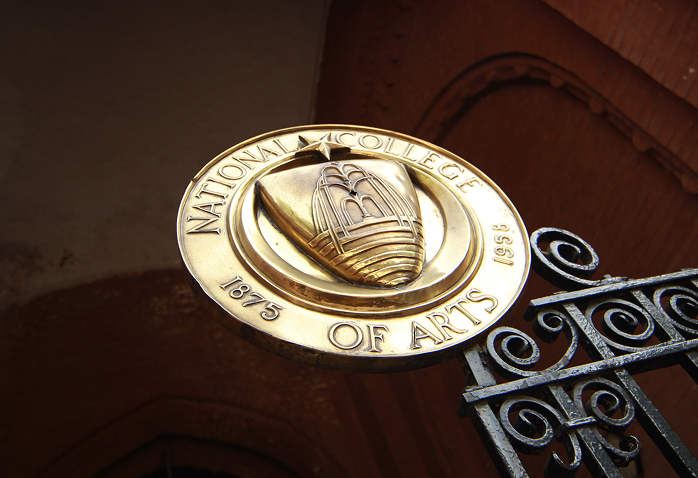




One hundred and fifty years ago, the first art school of the British Punjab and one of the oldest art institutions in South Asia was established here in Lahore. The Mayo School of Art (MSA), as it was called then, was among the four colonial art schools of the Indian subcontinent, the other three being in Calcutta, Madras, and Bombay. The Mayo School of Art passed through a multitude of developmental stages before 1947, finally transitioning into the National College of Arts in 1958. Today, the National College of Arts holds the distinction of being Pakistan’s first autonomous degree awarding college (status granted in 1985), in addition to being the pioneering institution of art and design education in the region.

Since acquiring a federal university charter in 2021, the NCA - one of the oldest art institutions in South Asia - now boasts two fully functional sub-campuses in Rawalpindi and Gilgit Baltistan, and a camp office in Islamabad. Its newly inaugurated (2024) Gilgit Baltistan Campus has instituted Associate Degree Programs, alongside the planned initiation of other academic activities, such as international artist residencies. By doing so, the National College of Arts has once again taken critical steps towards furthering art and design education to areas that have historically received little attention in terms of higher art and design learning. Currently, the National College of Arts’ curricular scaffolding, in addition to ongoing research publications, comprises seven faculties with various departments. These include the Faculties of Fine Arts, Design, Architecture, Humanities, Film and Television, Performing Arts, and Multimedia Art.
With a total of 17 functional departments under seven faculties, the National College of Arts has introduced new undergraduate programs and curricula to its existing faculties. The Bachelor of Multimedia Arts and Bachelor of Fashion Design have recently been initiated at the National College of Arts after approval from the relevant statutory bodies.
The introduction of various Master’s programs at the NCA marks a significant milestone in our commitment to cultivating a research-based culture at the higher education institute.